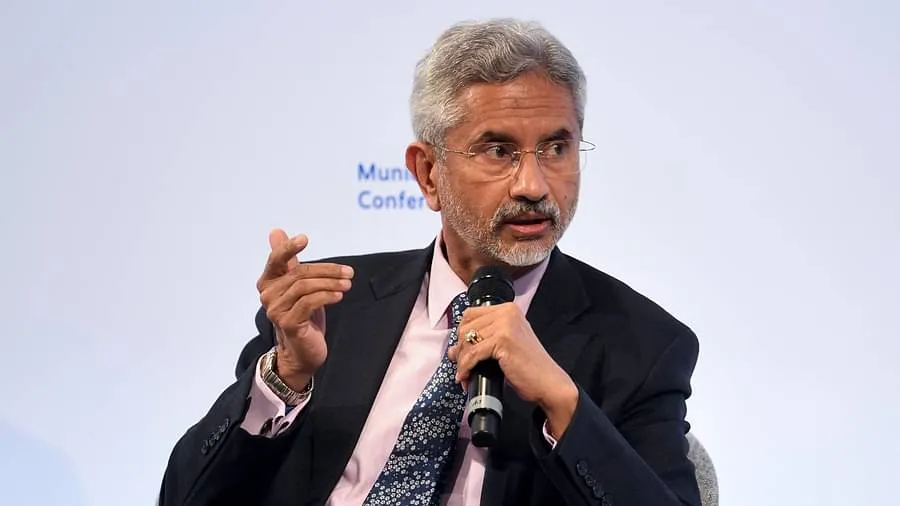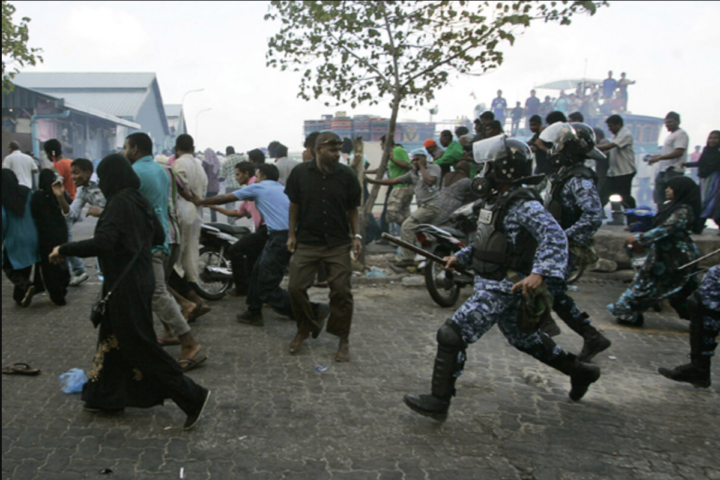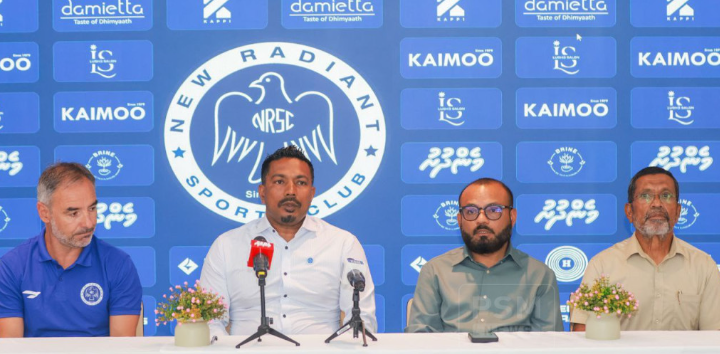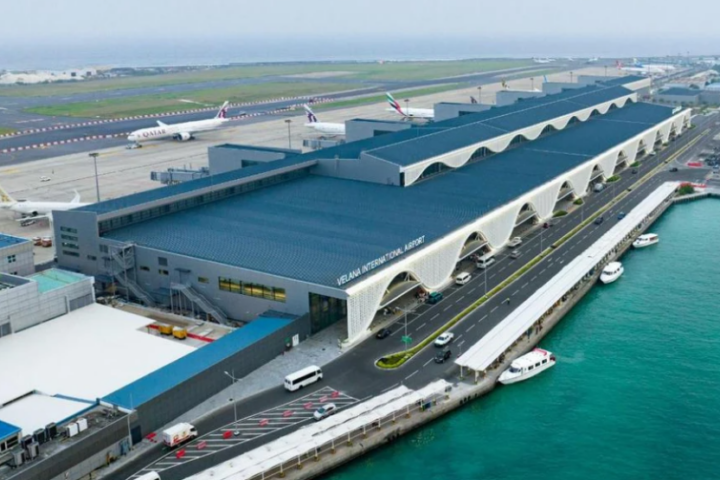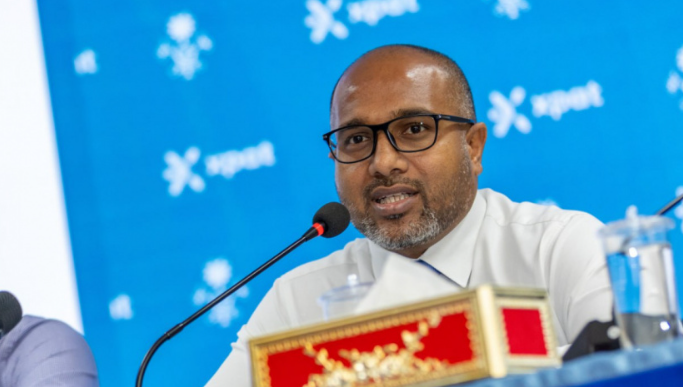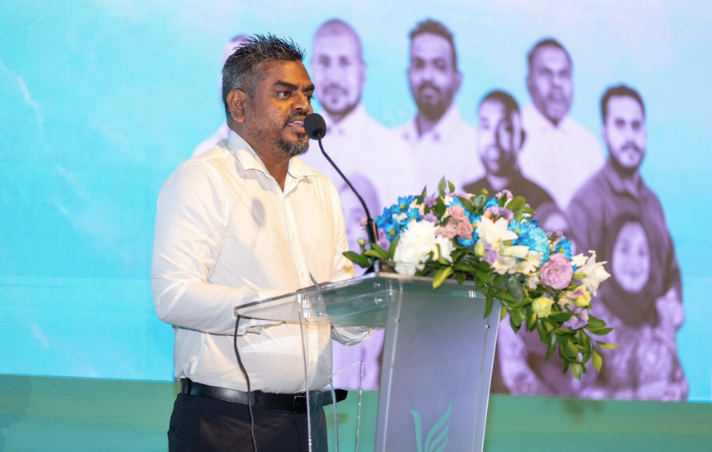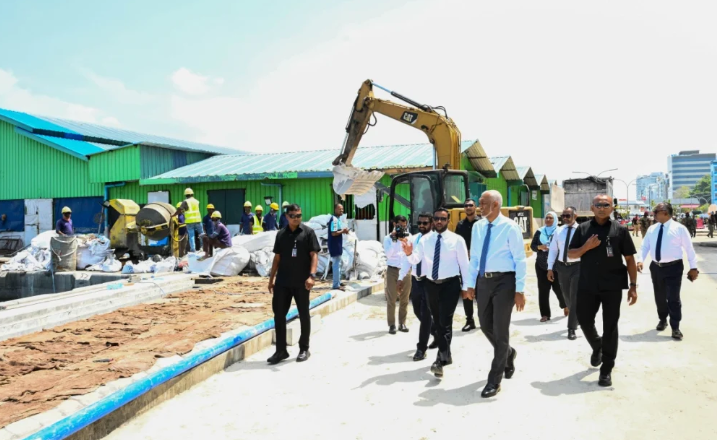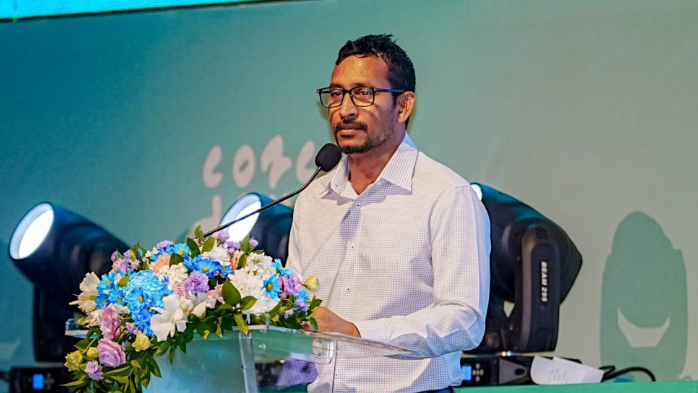NEW DELHI — External Affairs Minister S. Jaishankar on Sunday called for a reimagining of India’s foreign policy to align with the nation’s growing ambitions, underscoring the need for a strategy that reflects the aspirations of a “Viksit Bharat,” or developed India.
Speaking at the launch of India’s World magazine, Mr. Jaishankar highlighted the necessity of breaking away from past frameworks shaped by a very different global and domestic context. “There must be a foreign policy for Viksit Bharat,” he said, emphasizing the importance of linking the goal of a developed India by 2047 to an adaptable and forward-looking diplomatic approach.
“If today our aspiration at home is to become a Viksit Bharat, surely there must be a foreign policy for Viksit Bharat,” he added, calling for an alignment of India’s international strategy with its domestic transformation.
Mr. Jaishankar took aim at the longstanding influence of the “Nehruvian model” on India’s foreign policy, describing it as a natural extension of the country’s mid-20th-century development approach. “A ‘Nehru development model’ inevitably produced a ‘Nehru foreign policy,’” he explained, noting that the framework emerged during a bipolar Cold War era and was deeply influenced by the limitations of that time.
However, he argued, the global and domestic landscape has changed dramatically, making the old model inadequate for addressing contemporary challenges. The shift from a bipolar world to an increasingly multipolar one, coupled with India’s growing openness and reform-driven development model, necessitates a fresh approach to foreign policy.
Mr. Jaishankar outlined four driving factors behind the need for an overhaul. First, he pointed to the transformation in India’s domestic development model, which has evolved significantly since the early years of independence. Second, he highlighted the shift in global power structures, moving from the Cold War’s binary world order to a more complex multipolar dynamic.
“In the last two decades or so, there has been a very intense globalization,” he said, adding that this interconnectedness has redefined how states interact. Third, he identified the revolutionizing impact of technology on governance, state capability, and diplomatic tools. Lastly, he emphasized changing patterns in state behavior, which demand more sophisticated strategies and positioning on India’s part.
“How can foreign policy remain the same if the domestic model has changed, the landscape has changed, the behavior of states has changed, and the tools of foreign policies have changed?” he asked, laying out the case for a strategic pivot.
Responding to critiques that efforts to revise India’s foreign policy represent a political rejection of the Nehruvian legacy, Mr. Jaishankar urged for a pragmatic view. “When we speak about changing foreign policy, if there is talk of a post-Nehruvian construct, it should not be treated as a political attack,” he said. “It didn’t require Narendra Modi to do it; Narasimha Rao started it.”
He framed the evolution not as an erasure of the past but as an adaptation to new realities, stressing that “our public discourse should not be theological, should not be polemical.”
Mr. Jaishankar also reflected on the broader objective of India’s foreign policy: to secure a position of strength and minimal baggage in the global order. “A country will, in a sense, have the most friends, the least problems, the best relationships, and the minimal baggage,” he said, invoking the concept of Vishwa Bandhu (a friend to the world).
Touching on the role of diplomacy, he noted that government-led efforts have often outpaced think tanks and academia in adapting to changing circumstances. “If we look back at the last 25 years, much of the advocacy of change has come from Track 1,” he observed, suggesting that greater integration between official and unofficial diplomatic efforts is needed.
Concluding his remarks, Mr. Jaishankar issued a call for ambition tempered with realism. “Just like the economic debates and the economic model of this country became more open, foreign policy thinking needs to keep pace,” he said, urging India to plan ahead and adopt strategies that are as innovative and dynamic as the nation’s economic and technological growth.
By aligning its foreign policy with its domestic ambitions, Mr. Jaishankar argued, India can position itself as a leading global power ready to shape and navigate the complexities of a multipolar world.
